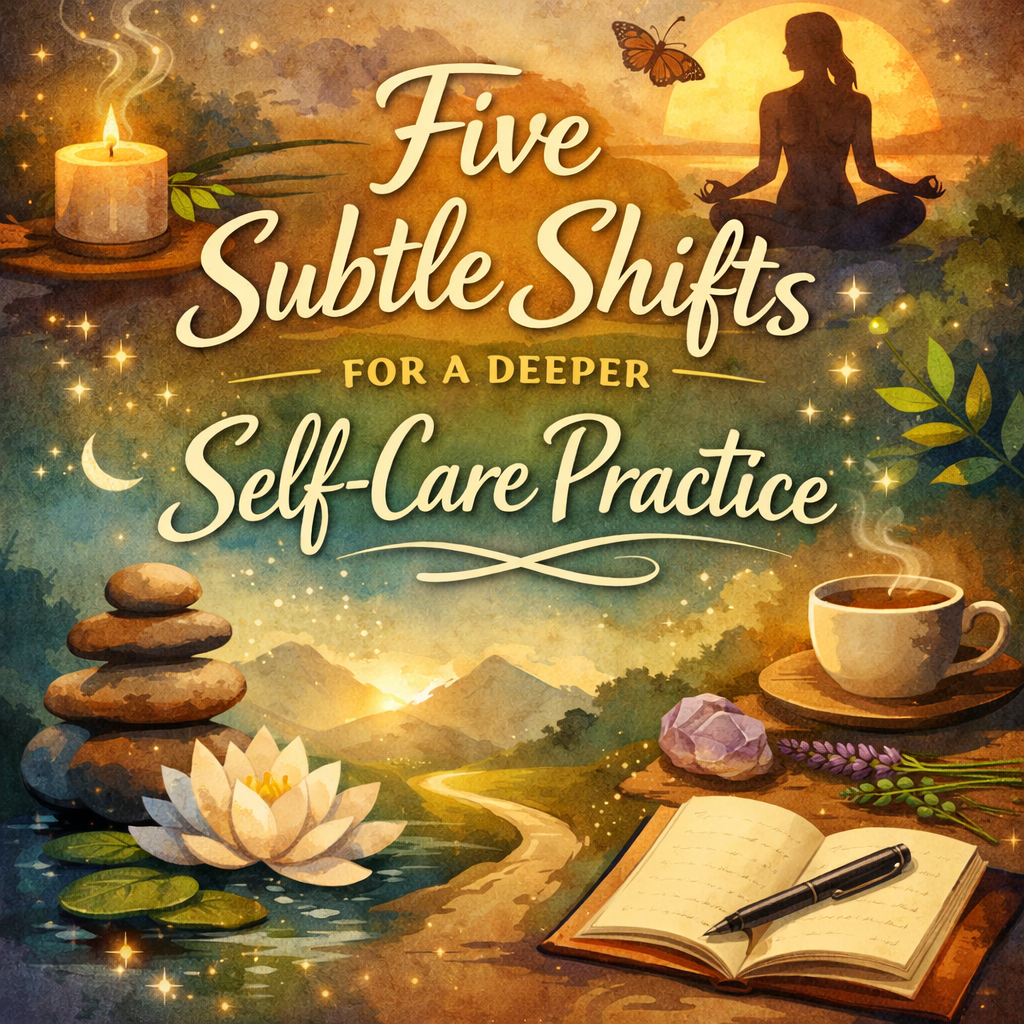There’s a pervasive anxiety among young professionals today: the feeling that if you’re living paycheck to paycheck, you’ve somehow failed at adulting. Social media doesn’t help, filled as it is with peers apparently buying homes, maxing out retirement accounts, and taking European vacations—all before turning 30.
But here’s the reality: living paycheck to paycheck in your twenties and early thirties is incredibly common, and it doesn’t mean you’re financially irresponsible or doomed to struggle forever.
The Math Just Doesn’t Add Up Early On
When you’re starting out, you’re typically at the lowest point of your earning curve while facing some of your highest proportional expenses. Entry-level salaries often barely cover rent in job-rich cities, student loan payments, transportation, and basic living costs. You’re building your career, which means you might be working for less than you’re worth while you gain experience and prove yourself.
Meanwhile, the cost of simply existing as a young professional is substantial. You need professional clothes, a reliable way to get to work, probably a security deposit and first month’s rent when you move to a new city for that job. You might be paying for certifications or additional training. These aren’t luxuries—they’re investments in your future earning potential.
The Vision Matters More Than the Current Balance
What separates a normal financial trajectory from a problematic one isn’t whether you have savings right now. It’s whether you have a vision for where you’re headed and a realistic understanding of how to get there.
Do you know roughly what financial independence looks like for you? Maybe it’s having a paid-off home and a million dollars invested by 55. Maybe it’s owning a business that generates passive income. Maybe it’s a specific retirement number that would let you live comfortably. The exact figure matters less than having thought about it.Do you understand the general path? You don’t need a detailed spreadsheet, but you should know the basics: your income will likely grow as you gain experience, you’ll eventually need to save a certain percentage of your earnings, compound interest works in your favor over time, and certain financial moves (like employer 401k matches) are priorities when you can afford them.
The Danger Isn’t Living Paycheck to Paycheck—It’s Having No Plan
The real financial trouble comes when someone has no vision beyond the next weekend and no sense of how wealth is actually built. If you’re 28 and living paycheck to paycheck while building your skills and career, that’s a phase. If you’re 28 and haven’t once thought about what financial security looks like or how you’ll eventually get there, that’s a problem.The difference is intentionality. Are you paycheck to paycheck because you’re in the building phase, or because you’ve never considered there might be another phase? Do you have a general sense that as your income grows, your savings rate should too? Or do you plan to increase your spending in lockstep with every raise forever?
Your Twenties Are for Building Human Capital
Economic research consistently shows that investments in your own skills and career in your twenties pay enormous dividends later. Taking the lower-paying job with better learning opportunities, moving cities for the right position, going back for a certification that will unlock higher pay—these often mean staying broke longer, but they’re probably the right call.The person who earns $45,000 at 25 but is positioned to earn $120,000 by 35 will end up far ahead of the person who earned $60,000 at 25 but stalls at $75,000 for their career. The first person will be living paycheck to paycheck longer, but they’re making the smarter long-term play.
Know Your Number, Even If It’s Rough
You don’t need a financial advisor or a complex plan, but you should be able to answer: “How much wealth would I need to feel financially secure?” For some people, that might be $2 million invested plus a paid-off house. For others, it’s $500,000 and a pension. The number depends on your life vision—where you want to live, whether you want kids, what kind of retirement lifestyle appeals to you.
Once you have that rough target, you can work backwards. If you need $1.5 million by 60 and you’re 25, you can estimate roughly what you’d need to save annually at different rates of return. This isn’t about creating anxiety—it’s about creating context. It helps you understand that yes, you’re broke now, but if you can start saving $500 a month by 30 and increase that as you earn more, you’ll get there.
Living paycheck to paycheck at 25 isn’t a moral failing or even a financial failing. It’s often just math. What matters is that you’re building toward something and you know generally what that something looks like.You don’t need to have money yet. You just need to have a vision and a rough map. The money will follow if you’re intentional about your career development, realistic about your eventual savings needs, and honest with yourself about whether your spending aligns with your long-term goals.So if you’re young and broke, take a breath. You’re probably exactly where you should be—as long as you’ve thought about where you’re going.

